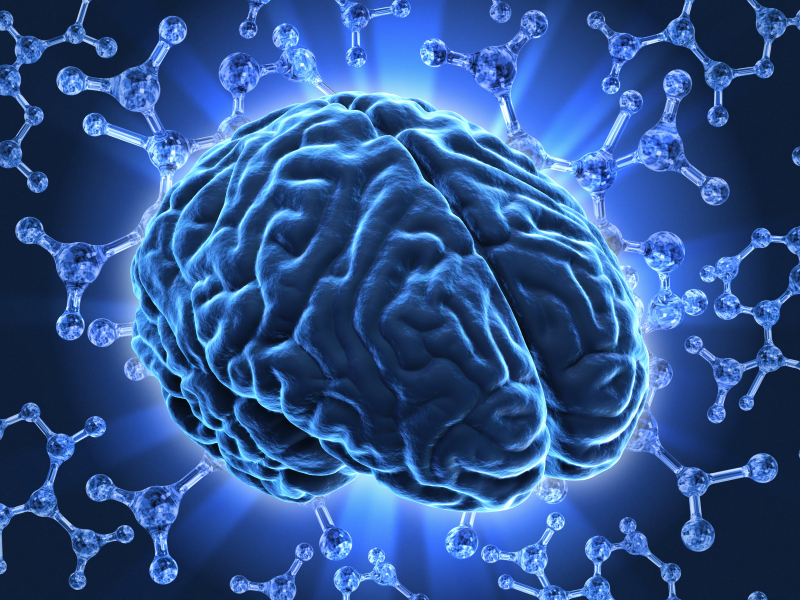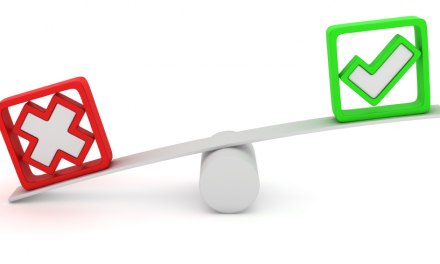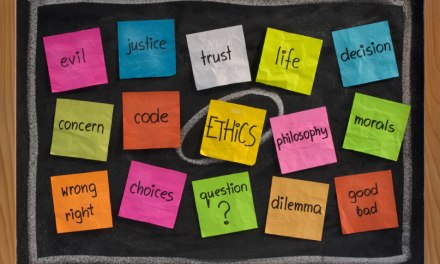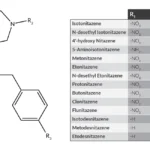There appears to have been a recent breakthrough in our understanding of depression — for as long as I can remember, the most common problem for which people sought mental health treatment. And one that often co-occurs with alcohol and drug problems.
Traditionally, depression has been diagnosed by its familiar symptoms – you know them as well as I do. Per NIMH, they include “Feelings of guilt, worthlessness, or helplessness. Loss of interest or pleasure in hobbies and activities. Fatigue, lack of energy, or feeling slowed down. Difficulty concentrating, remembering, or making decisions.”
That’s as far as it went, however, since as with most psychiatric conditions, physicians lacked the kind of testing on which diagnosis in the rest of medicine relies. In practice, that meant that they were forced to work in the absence of a true understanding of the brain processes that underlie depression.
That may be about to change. Researchers claim to have identified six distinct subtypes of depressive disorders, suggesting that they may respond to different treatments. If it were possible to target the treatment to the patient’s depression subtype, it could yield superior outcomes.
Here’s an overview of the discovery from Healthline:
Researchers Identified 6 ‘Biotypes’ Of Depression
“Using functional magnetic resonance imaging (fMRI),” the article explains, the research team “… compared activity and connectivity between different brain regions.” That led them to the notion of biotypes, defined as “distinct ways that brain circuits can get disrupted or stuck.” These, they concluded, “…accompany different types of symptom experiences and give us precision tools to help personalize treatment choices.”
That’s a big deal. In the past, the task of selecting the right treatment for a depressed patient has been more than a little hit or miss, involving a certain amount of trial and error.
Multiple attempts were sometimes required. A colleague of mine spent months in therapy, on four separate medication regimens, before finally settling on one that was both effective and unburdened by excessive side effects. If they’d got it right on the first attempt, she complained, it would have been worth a great deal to the patient.
Some of the depression subtypes do appear to respond better to different antidepressants. Same thing is true for behavioral treatments such as CBT: some subtypes seemed to respond better, while others not much or at all. Invaluable insights, provided the findings hold up under further review.
We’ll stay tuned.













